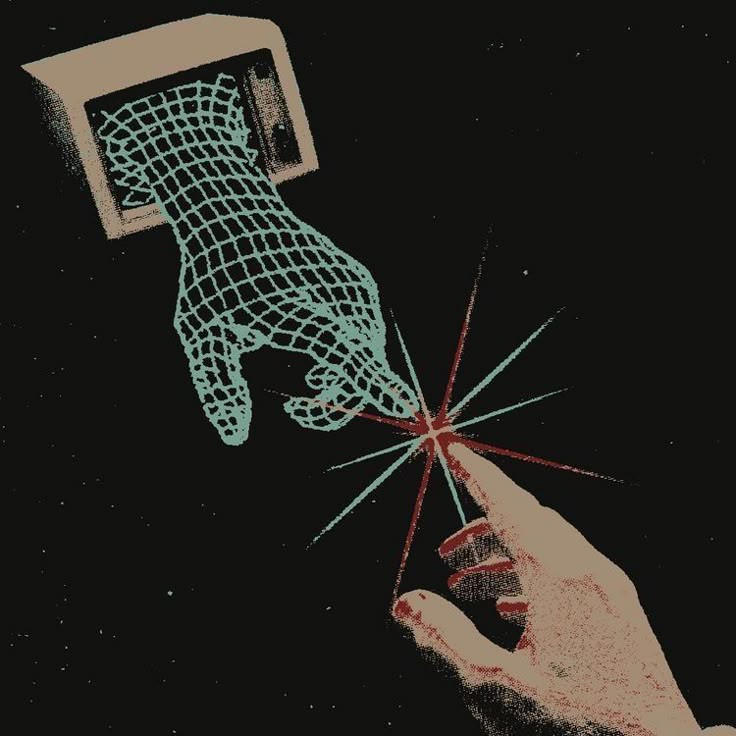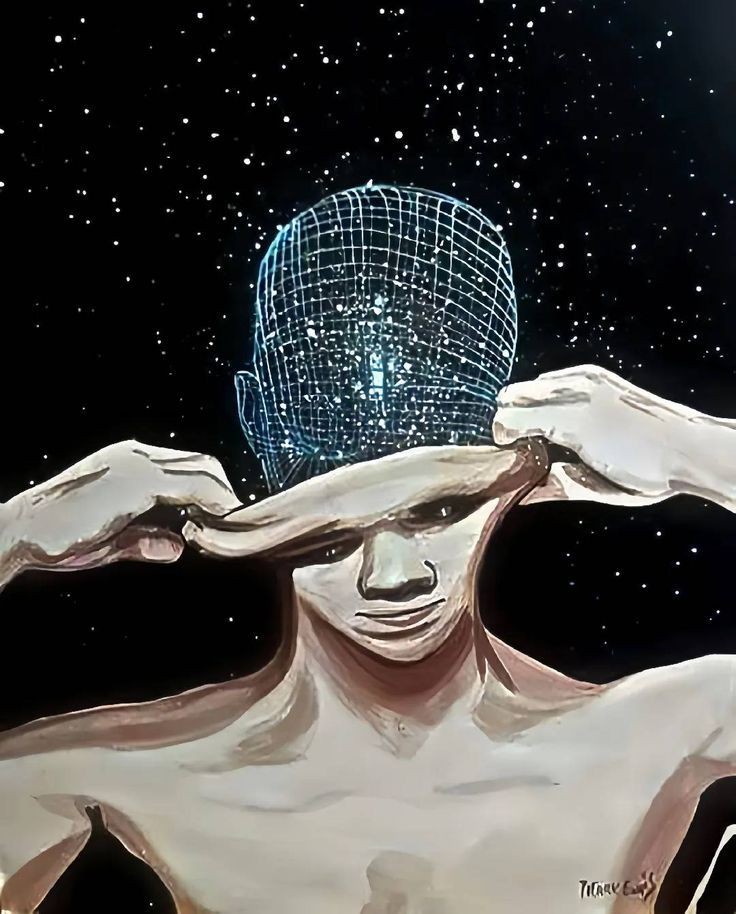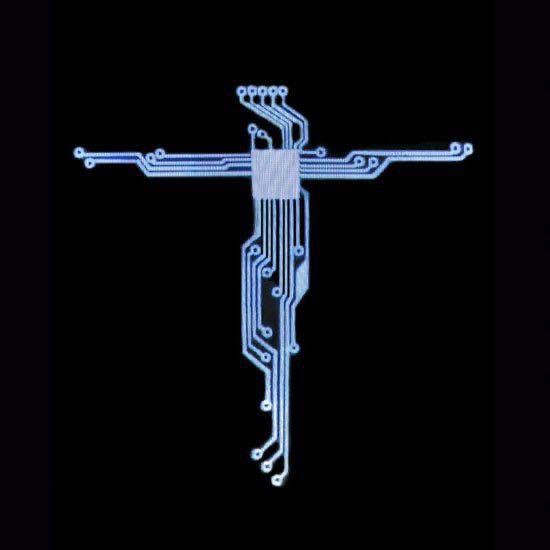Imagine a future where death is no longer an absolute end, where instead of fading into oblivion, your consciousness is transferred into a digital system, allowing you to live indefinitely inside a simulated reality. No aging, no disease—just an endless existence as pure information, free from the limitations of biology.
The Quest for Digital Immortality
It sounds like science fiction, but the idea of mind uploading is gaining traction among neuroscientists, technologists, and philosophers. If reality itself is computational—as simulation theory, quantum physics, and AI research suggest—then why couldn't our consciousness be converted into data and transferred into a machine?
But this leads to deeper, unsettling questions. If we upload a digital version of ourselves, is it really us or just a copy? If we exist inside a machine, do we still have free will, or would we be bound by the rules of the new system?
And if our reality is already computational in nature, could it mean we've already been uploaded before—just without realizing it?
Mapping the Brain: Can Consciousness Be Digitized?
For consciousness to be uploaded, the first step would be to map and replicate the human brain—every neuron, every connection, every thought pattern. This is the goal of Whole Brain Emulation (WBE), a theoretical process where the brain's neural structure is scanned in extreme detail and re-created in a digital medium.
- The Human Connectome Project has already mapped many of the brain's intricate neural pathways
- Technologies like Brain-Computer Interfaces (BCIs)—developed by companies like Neuralink—are getting closer to directly interfacing the human brain with machines
- The Blue Brain Project has even simulated portions of a rat's brain at a cellular level, inching toward full-scale brain emulation
But even if we can recreate the entire neural network digitally, would this create actual consciousness, or just a perfectly simulated version of it? Is consciousness something that arises from neural complexity, or is it something fundamentally non-physical, something that can never be captured by machines?
The Identity Paradox: If You Upload Yourself, Are You Still You?
Let's say we succeed in digitally replicating a human brain. Would the uploaded mind feel like the same person, or would it just be an advanced simulation?
Consider this: If you step into a teleportation machine that scans and destroys your body, then reconstructs you atom by atom somewhere else, is it still you—or just a perfect copy? The same dilemma applies to mind uploading. If a machine copies every detail of your brain and creates a sentient version inside a simulation, is it the real "you," or just an imitation with your memories?
If consciousness is purely a neural process, then an uploaded mind should, in theory, experience continuity of self. But if consciousness is something deeper, something beyond the physical brain, then an uploaded version of "you" might lack something critical—your true awareness. It may act, think, and behave like you, but would it feel like you from the inside?
Trapped in the Machine: The Dark Side of Digital Immortality
Even if mind uploading is possible, would it be desirable? A digital afterlife sounds appealing until we consider the potential pitfalls of eternal existence inside a machine.
A fully uploaded consciousness might find itself at the mercy of whoever controls the system. Imagine living in a corporate-run metaverse where your very existence is regulated, modified, or even deleted at the whims of the administrators.
If AI algorithms determine your thoughts, experiences, and emotions, would you truly be free—or just a digital slave trapped in an illusion of choice?
Have We Already Been Uploaded Before?
This brings us to a deeper possibility: What if we are already inside a simulated reality, and mind uploading has already happened—perhaps long ago?
Simulation Theory, as proposed by thinkers like Nick Bostrom and Joscha Bach, suggests that if a civilization ever reaches the ability to create conscious simulations, they will likely create many of them. In an infinite timeline, there would be far more simulated beings than original biological ones—making it statistically likely that we are already inside a constructed reality.
The Choice Between Immortality and Escape
Mind uploading offers the possibility of a digital afterlife, free from death and decay, but it also raises profound questions about identity, free will, and the nature of reality itself.
If consciousness can be stored, transferred, and re-created, does this mean we are just data—temporary configurations of information in an endless computational system? If reality is already a kind of digital construct, is mind uploading just a transition from one simulation to another?
And if so, do we ever truly escape the system, or do we just move into new, more advanced versions of the same illusion?
Final Transmission
Digital immortality promises eternal life, but at what cost? What does it mean to exist as pure information in a system you cannot control?
The next time you consider the promise of eternal life—
Ask yourself: eternal life for whom?
What if the copy isn't you?
What if freedom is the first thing sacrificed?
What if the system was never meant to be escaped?
The choice isn't between life and death.
It's between different kinds of prisons.
Continue Your Journey
Digital immortality and consciousness transfer



